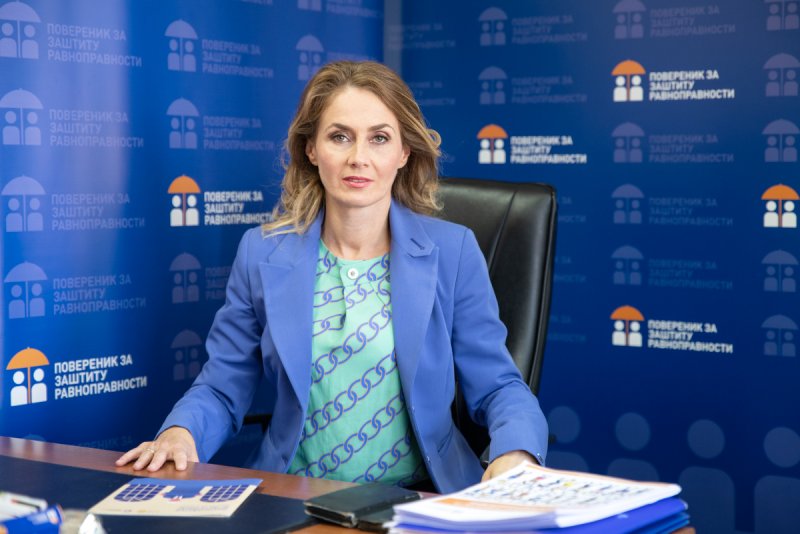The Commissioner for the Protection of Equality started a video promotion on social networks and the promotion of the film “Life is work-work is life”, which aims to point out the importance of establishing a balance between business and private life. The campaign is part of the WoBaCa project, which is being implemented with the support of the EU, together with the Estonian Commissioner and the city of Heidelberg, and within which the Commissioner for the Protection of Equality conducted the research “Gender Equality and Work-Life Balance”.
https://ravnopravnost.gov.rs/rodna-ravnopravnost-i-ravnoteza-izmedju-poslovnog-i-privatnog-zivota/
According to the data from the research, which was published in November 2021, women still spend much more time taking care of children than men, for example, 33% of women spend 10-30 hours per week, 47% of men up to 10 hours. The disproportion is also very pronounced when it comes to unpaid work in performing routine household chores – as many as 76% of men spend an hour or less on these chores, compared to 64% of women who spend between 2 and 6 hours a day in household chores.
However, the picture differs depending on which region in Serbia is in question. In Belgrade, men are much more involved in housework and childcare than in any other region, but have the least support from the extended family. On the other hand, in the region of western Serbia, the importance of intergenerational solidarity is most visible, as mothers and fathers have the support of their parents in raising children to a much greater extent. According to the results of the research, parents from eastern and southern Serbia can count on the service of preschool institutions the least, given that this service is not available for almost 60% of respondents. In other regions, the availability of the service is 92%.
The results of the research, conducted last year for the Commissioner for the Protection of Equality by the Factor Plus agency, show that more work is needed on the position of women, which is possible only by indiscriminate and consistent application of laws, removing obstacles to their entry and progress in the labor market, but also by providing adequate support services.


